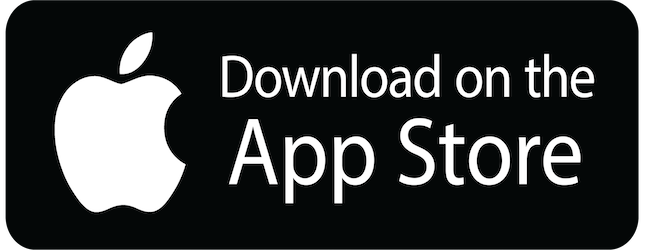How to talk about T.V. shows in English
By Emily Hitz, PhraseMix.com contributor

How much did you watch?
An episode is a single segment of a tv show. An episode will usually last 30 minutes or an hour. Most tv shows put out one new episode each week, with occasional breaks in between.
Some weeks there isn’t a new episode, or maybe the show is off the air. In that case, you can only watch reruns – old episodes of a show. We only say "rerun" if a show is on TV though. If you download or stream an episode, you can just call it an "old episode".
A season is a large group of episodes, anywhere from 12 to 25. The break between two seasons usually lasts several months. Sometimes people compare seasons of shows like this:
The first season of True Detective was way better than the second.
Many TV shows produce a special last episode of the season, called a season finale, that makes people very curious to see what will happen in the first episode of the next season (the "season premiere").
We use the word "show" to talk about all of the episodes and seasons. If you say “I love that show!” then you are talking about the show in general: all of the episodes, the main characters, etc. "Program" has the same meaning as "show", but is more formal.
How do you get your TV episodes?
Back in the old days, everyone watched network television, which was broadcast freely through radio waves. In the 1980's cable TV started to become popular because it offered more different channels.
Many people today don’t watch TV on a TV at all. They just use their computers. Some people do this by streaming episodes, from services like Netflix. Other people use legal or illegal methods to download an episode or season.
If you do have a TV, but you’re not sure what you want to watch, you might change the channels every few minutes, looking for something interesting. This is called "channel surfing".
"On" vs "on the air"
If a show is "on", that means you can turn on your TV and watch it at that time.
"On the air" is often used to talk about a show that is still producing new seasons. For example, someone might say:
It’s amazing: The Simpsons has been on the air for over twenty years!
Less frequently, "on the air" or "live on the air" is used by TV professionals to mean a show is broadcasting live at that moment. We use this to talk about surprising moments on TV:
His wig came off when he was on the air doing an interview! It was so awkward.
"Off the air" is the opposite of on the air for both meanings.
Describing good TV Shows
TV critics write reviews of TV shows. If a show gets good reviews, or high ratings, you can say it’s "highly rated". In more formal language, you can also say a show is "critically acclaimed".
You can use many positive adjectives for a TV show you like:
It's so awesome!
It's really great.
It's amazing!
You might hear someone say:
I love that show!
For a funny show, you can say:
That show is hilarious!
It's super funny.
You could describe an action drama like this:
It's action-packed.
it's really suspenseful.
Here are some phrases to describe a documentary or educational TV show:
It was fascinating.
It's a really interesting show.
Describing bad TV Shows
Here are some negative adjectives that you can use when you don’t like a show:
- terrible
- lame
- awful
- boring
- frustrating
A show that doesn't make the viewers think very much can be described as "mindless":
All he watches are those mindless reality TV shows.
For a comedy that you don’t like, you can say:
I don’t find it funny at all.
If a show is too emotional or too fake, you can describe it like this:
It's so cheesy!
If you generally like a show, but you didn't like one episode, you can say that it was "weak":
That was a pretty weak episode.
 Emily Hitz lives near San Francisco, California, but she taught English in Vancouver for four years. She now works as a freelance writer, educational consultant, and occasional teacher. She's interested in all things English and linguistics, and Spanish too.
Emily Hitz lives near San Francisco, California, but she taught English in Vancouver for four years. She now works as a freelance writer, educational consultant, and occasional teacher. She's interested in all things English and linguistics, and Spanish too.





